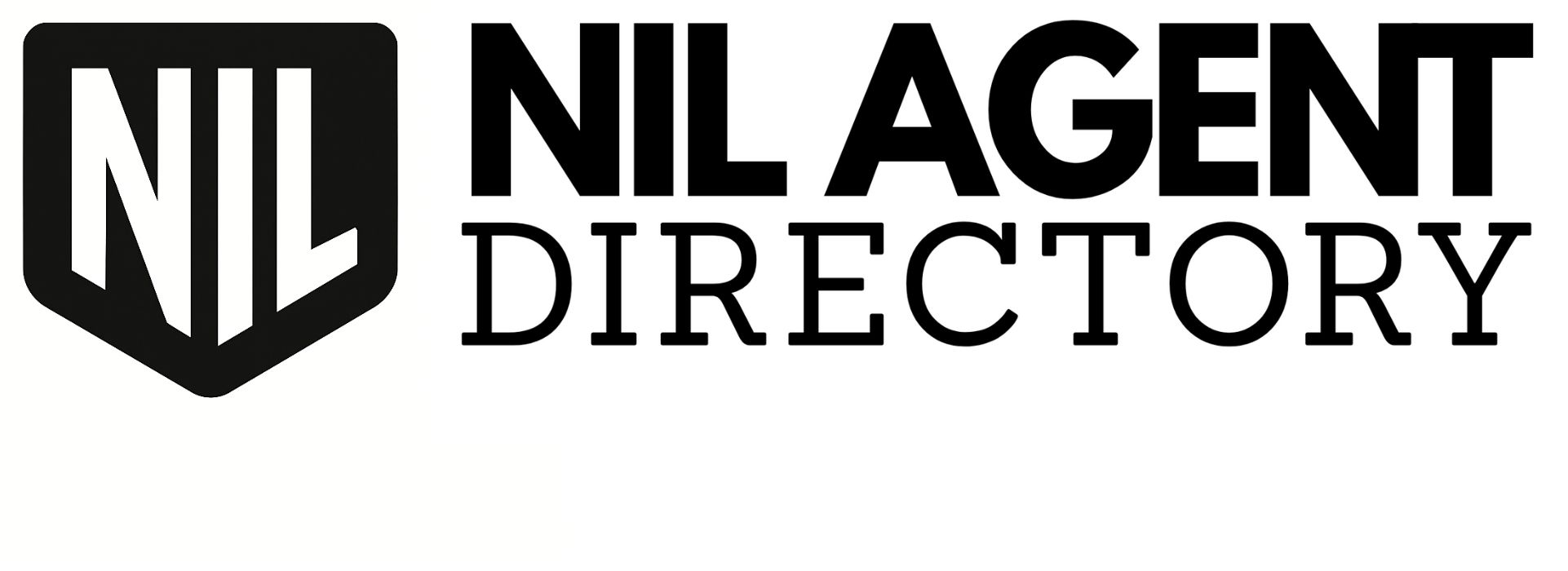Your First Agent Contract: What to Look For and What to Avoid
A Plain-Language Guide for Student-Athletes from NILAgentDirectory.com
You’ve found an NIL agent you like. You’ve had the calls, asked the questions, and now—it’s time to sign. But before you put pen to paper, stop.
That contract could shape your entire NIL career.
And if you don’t read the fine print—or understand what it means—you could end up giving away more than just a signature.
This guide breaks down the major parts of an NIL agent agreement in plain English. You’ll learn what to look for, what to avoid, and how to negotiate smarter—so your first contract becomes a launchpad, not a liability.
1. The Basics: Names, Services, and Scope
Every agent contract should clearly list:
- Your legal name
- The agent’s or agency’s full legal name
- A description of the services they’ll provide
Look for language like:
- “Negotiation of NIL sponsorship agreements”
- “Brand outreach and contract review”
- “Social media brand strategy and endorsement alignment”
What to avoid:
Vague language like “general management” or “business consulting” without specific deliverables. That gives them too much wiggle room.
2. Commission Structure: How They Get Paid
Most NIL agents work on a percentage of the deals they bring you.
What’s fair:
- 10% to 20% of NIL earnings is common.
- Some may charge less for small deals, or more if they’re managing high-value campaigns.
What to avoid:
- Commission on deals you find yourself unless clearly agreed upon in writing.
- Commissions on non-NIL income (like scholarships or school stipends).
- Fees stacked on top of commission (e.g., a 15% cut plus a monthly retainer).
Tip: Ask if the agent only earns commission when they bring you a deal. If they take a cut of everything, they need to justify that value.
3. Term Length: How Long the Contract Lasts
This clause tells you how long the agreement is in effect—often written as “term of representation.”
What’s fair:
- A term of 6 to 12 months, with an option to renew.
- Contracts that automatically renew only with your written consent.
What to avoid:
- Multi-year contracts (2–5 years) for NIL unless you’re earning significant income.
- Auto-renewal without notice, which locks you in unless you cancel early.
Tip: Look for a “trial period” or short-term test run. You want flexibility, especially with your first agent.
4. Termination Clause: How You Can Exit
Life happens. People don’t always fit. You need a clear path to leave the agreement.
What’s fair:
- You can terminate the agreement with written notice (often 30 days).
- The agent only gets commission on deals already in place—not future earnings.
What to avoid:
- Termination fees or “buyout” clauses. You shouldn’t have to pay to leave.
- Broad post-contract commissions, where the agent still gets a cut of deals after you fire them.
Tip: Ask, “If we part ways, what happens to my current deals? What about new deals that come in afterward?”
5. Exclusivity: Are You Locked In?
Some agents want exclusive rights to all your NIL activity. That means:
- You can’t work with other agents—even for a single deal.
- You can’t negotiate on your own behalf.
What’s fair:
- Limited exclusivity for NIL categories the agent actively manages (e.g., social media, merchandise).
- Permission to work independently for small or local deals if you disclose them.
What to avoid:
- Full exclusivity across all NIL activity if the agent isn’t delivering results.
- Exclusive agreements covering future pro contracts (those fall under sports agents and can affect NCAA eligibility).
Tip: Ask to define exclusivity by category and limit it to NIL only—not pro representation or unrelated income streams.
6. Deliverables and Expectations: What They Promise to Do
This is often the vaguest part of the contract—but one of the most important.
What to include:
- A list of expected services (e.g., monthly outreach, deal negotiation, content review).
- Communication expectations (e.g., weekly updates, monthly reports).
- Who’s doing what (agent vs. assistant vs. outside contractor).
What to avoid:
- “Best efforts” language with no specifics. That means they can do very little and still claim they fulfilled the contract.
- Agreements with no performance benchmarks or minimum activity.
Tip: Ask, “How many deals did you help athletes sign last quarter? What’s your typical outreach schedule?”
7. Payment Terms: How and When You Get Paid
The contract should state how payments are processed.
What’s fair:
- Payments go to you directly from the brand, and you pay your agent their cut.
- Or, the agent collects payment into a business account and pays you promptly (within 10–15 days).
What to avoid:
- Unclear payment timelines
- Agents keeping funds for extended periods
- No accounting or payment history
Tip: Ask for regular statements that show all payments in and out—like a profit/loss sheet.
8. Conflicts of Interest and Transparency
If the agent represents other athletes—or has financial ties to certain brands—that needs to be disclosed.
What’s fair:
- The agent agrees to act in your best interest at all times.
- Any potential conflicts must be disclosed in writing.
What to avoid:
- An agent representing a brand and you in the same deal—without telling you.
- Secret bonuses or kickbacks from brands that aren’t shared with you.
Tip: Ask, “Do you represent any competing athletes or brands in my sport? How do you handle conflicts?”
9. Legal Compliance Clause
The agent must help you follow NIL rules at the NCAA, state, and school level.
What to look for:
- The contract confirms the agent will not act in ways that jeopardize your eligibility.
- You remain responsible for submitting deals to your school (if required).
What to avoid:
- Agents who ignore or downplay rules.
- Contracts that bind you to future pro representation, which could break NCAA policy.
Tip: Ask if they’ve worked with your school or compliance office before—and how they manage disclosures.
10. Negotiation Tips for Student-Athletes
Don’t be afraid to ask for changes. Contracts are meant to be reviewed and adjusted—not just accepted.
Bring in help. Have a parent, attorney, or trusted advisor review the contract with you.
Ask for a copy in advance. Don’t feel pressured to sign on the spot. You should always have time to think it over.
Clarify gray areas. If something doesn’t make sense, ask for it in plain language. If they can’t explain it clearly, it’s a red flag.
Never sign if you feel unsure. You have the right to say no, walk away, or ask more questions.
What to Do Before You Sign
- Print the contract and highlight anything confusing
- Use our NIL Agent Vetting Checklist
- Search the agent on NILAgentDirectory.com for reviews or red flags
- Ask for a 15–30 minute contract walkthrough with the agent
- Trust your instincts—if it feels rushed, wrong, or unclear, pause
How NILAgentDirectory.com Can Help
We give you the tools to:
- Find vetted NIL agents with transparent service listings and athlete reviews
- Understand contract terms before you commit
- Use comparison tools to evaluate agents side-by-side
- Access educational guides to protect your earnings, eligibility, and brand
Whether it’s your first deal or your tenth, your contract should empower you—not restrict you.
Explore trusted agents and contract support tools at
www.NILAgentDirectory.com
Because your first contract shouldn’t just open doors—it should set the tone for a smart, successful NIL journey.



